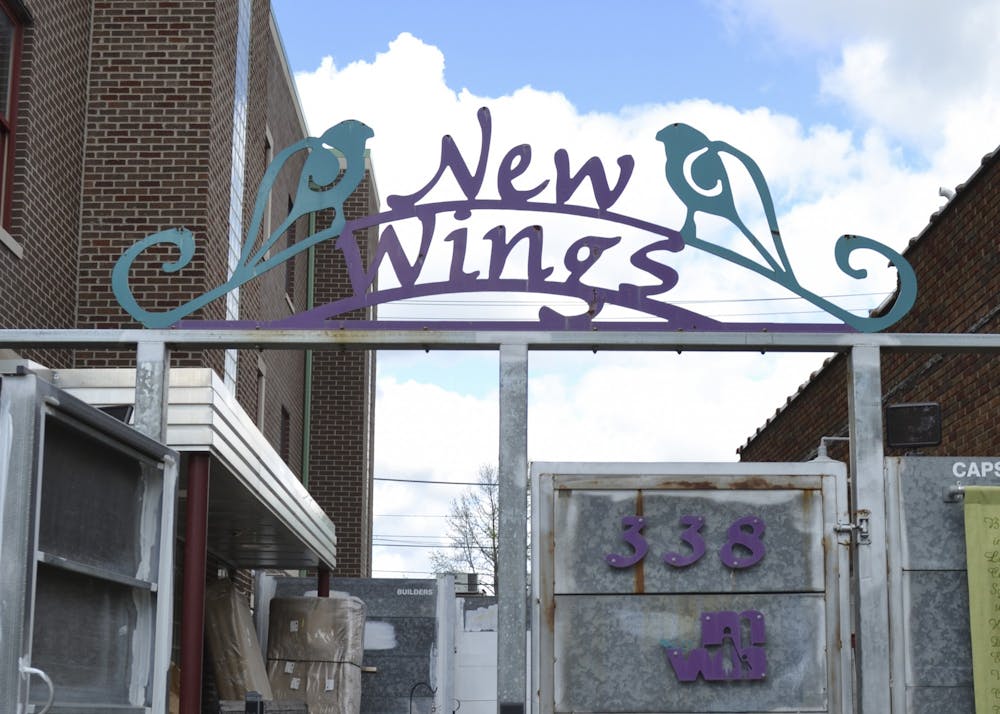Unemployment rates from this pandemic are the highest since the Great Depression. With unemployment, people face greater risk for violence or abuse from an intimate partner, Laura McCloskey, professor in the School of Public Health said.
“A lot of the households have been destabilized, and they're under a lot of stress,” McCloskey said.
During the pandemic, there has been a sense of loss of control for many people. As a result, domestic abuse victims may be enduring different levels of abuse than before due to different stressors that abusers are experiencing, McCloskey said.
The well-being of society can affect the well-being of personal relationships, McCloskey, said. Unemployment in men, for example, is a catalyst for drinking and can lead to a feeling of lack of power, like they’re not providing, and to compensate, and they may become violent toward their partner.
She said women don’t typically respond to these events in the violent way that men might. Men that do abuse or act violently usually have very traditional, patriarchal views that the woman in the relationship is their servant or is inferior to them, McCloskey said.
However, Lily Jiang, an IU graduate student researching family courts and intimate partner violence and abuse, makes note that intimate partner violence can come from either side of the relationship, and sometimes even both. Another way financials may affect violence or abuse is through financial abuse, where the perpetrator controls how their partner can use their money, Jiang said.Violence or abuse may not be very obvious, especially during the pandemic.
“We know that the rates of domestic violence and intimate partner violence are going up even as we speak because isolation is not good,” Jiang said .
It can be especially stressful with kids being home, which may be an added stressor or challenge on either end. Right now, victims may not feel comfortable reaching out or finding another place to live because of fear of the virus, Jiang said. For example, a victim may not want to go to his or her mom’s house if she is elderly or if somebody in their house has had coronavirus, McCloskey said. So the victim has less of a physical network that he or she can call on.
Another major barrier is access to WiFi, Jiang said. Even if they overcome these barriers and receive help online, she said it can be risky if their partner is always home. With less outside contact, it’s harder for doctors or friends and family to see the signs of violence or abuse.
McCloskey said there are questions people can ask friends and family that may indirectly reveal what’s going on at home.
Instead of just asking, “How are things?” McCloskey suggests saying, “How's your partner doing?” “What do you two do every night?” She suggests being specific, asking what their partner’s mood has been like and paying attention to changes in the rating of their relationship. If they say something about their partner’s drinking or screaming every night, those would be preliminary signs to potential assaults.
“If she does say that there's at least some of these early signs of his instability, then I think it would be good for the friend or the relative to maybe suggest that person be careful and consider leaving if he gets worse,” McCloskey said.
If people are nervous to ask about domestic violence, Jiang said to become educated about what they’re asking and to realize that domestic violence is not a black and white topic, but a spectrum. Often, leaving increases risk for violence, so people need to also be considerate of people’s situations and not put their friend down for choosing to stay in the relationship.
“Don’t be alarmed with a label. What we’re looking for is a level,” Jiang said, “And we want to go in with understanding before jumping to conclusions.”
If you or someone you love are experiencing domestic violence or abuse in the Bloomington area, call Middle Way House's 24-hour hotline at 812-336-0846 or call the National Domestic Violence Hotline at 1-800-799-7233




